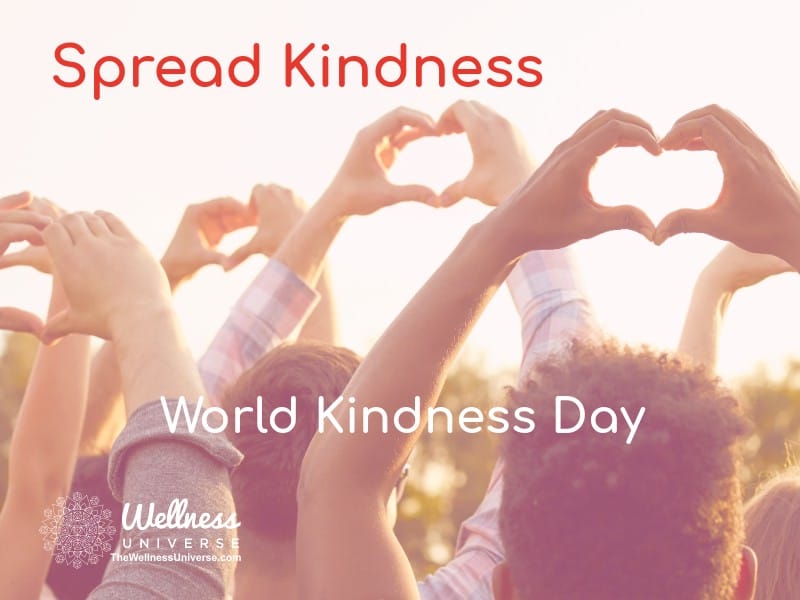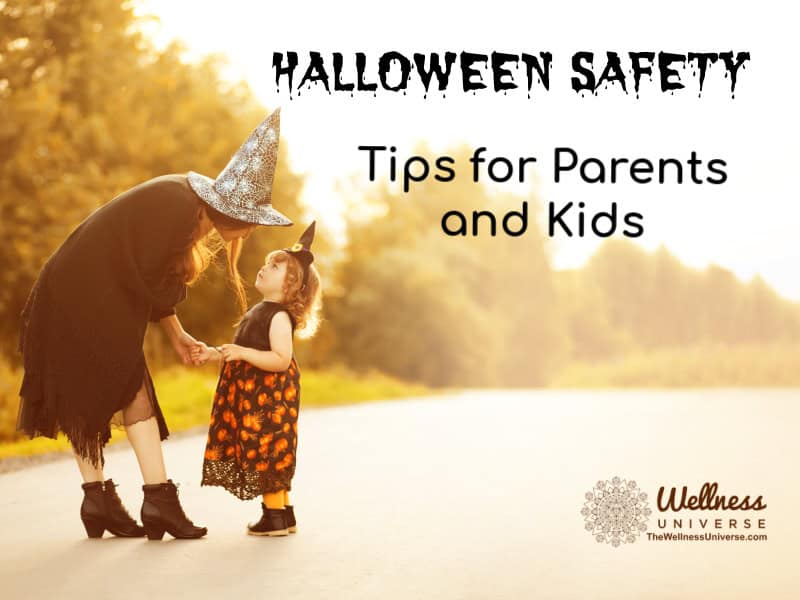I believe that people usually have good intentions. And, when someone you care about is dealing with loss, you may not know how to respond. Most of us don’t have a very comfortable relationship with strong emotions and grief. When feelings like anger, sadness, fear, are expressed in our midst, we will tend to gloss over it or try to shut it down entirely because we feel uncomfortable.
“You’re young, you’ll get married again someday.”
“I know how you feel, my grandma passed away last year.”
“It’s been a year now, it’s time you got over it.”
“He’s moved on. You need to move on too.”
“Don’t feel bad, she’s in a better place.”
“You need to be strong for the children.”
“Time heals all wounds.”
These types of statements are often what people hear from others when they share that they are dealing with an important loss. How helpful are they? Not helpful at all, according to a study done by the Grief Recovery Institute.
Let’s talk about these types of statements and why they are unhelpful.
“You’re young, you’ll get married again someday.” And “Don’t feel bad, she’s in a better place.” These are examples of rationalization, trying to make sense intellectually of the feelings in an effort to cope with them. There is nothing wrong with rationalization. The only problem is, you can’t do someone’s rationalizing or reframing for them. They need to come to these thoughts in their own timing, when they are ready.
Minimizing is when we try to make someone feel better by saying they shouldn’t feel a certain way. “It’s been a year now, it’s time you got over it.” “He’s moved on. You need to move on too.” What you are doing when you say something like this is denying a person a right to their feelings.
We make erroneous assumptions and comparisons when we say things like, “I know how you feel, my grandma passed away last year.” Many of us make this mistake by thinking our grief experience gives us special insight into someone else’s. The truth is, you don’t know how anyone feels about anything until they tell you.
Platitudes are just plain bad advice which should be avoided at all costs. “You need to be strong for the children.” “She’s in a better place.” “God needed him more than you do.” “Time heals all wounds.” Just don’t say these kinds of things. They are simply annoying.
None of these responses honor or respect the person who is struggling. When a griever encounters these kinds of responses, they tend to isolate and not talk about what they are experiencing and feeling. They feel misunderstood. They feel alone.
What motivates us to say such thoughtless things to people who are in pain? We’re trying to fix the unfixable. We’re trying to make them feel better. Here’s the deal. you just can’t. If you can’t fix them, or control them into feeling better, you have the option to just sit with them and accept them the way they are.
Empathy vs. Sympathy
What is empathy? It’s the capacity we all have to be in vibrational sync with another person. Empathy involves understanding the experiences, behaviors, and feelings of others while they are experiencing them. It is the ability to put yourself in another’s situation, not to be that other person but to experience their situation as if it were your own.
In other words, an empathetic person resonates at the same frequency as the other person. The key point is that you remain a separate person, fully aware of your personal feelings while imagining and understanding the other person’s thoughts, feelings, and behaviors from their point of view. To do this, you have to be able to put aside your own biases, prejudices, and points of view in order to fully understand that person.
Empathy is the response you bring to someone who is sharing their story with you. Empathetic responsiveness requires the ability to go beyond the details and facts of their story and become involved in the other person\’s world, but always with the “as if” quality of taking another’s role without personally experiencing what the other person experiences.
Having empathy for someone who is grieving is to be willing to bear witness to their pain, to sit with someone who is crying their heart out, and not try to make them stop. Meet them where they are with love and compassion.
On the other hand, when we are in sympathy for someone, there is a similar process of feeling the feelings of the other person, but you’ve lost the “as if”perspective. You feel sorry for them. You pity their plight as you wonder how to make it better for them. When you feel sympathy for someone, you get a sinking feeling in your gut when you hear their story, and want to get as far away as possible from them at the same time. Their anguish can feel too overwhelming.
Try to think of yourself as a companion rather than a fixer or healer. Just be there. Silence is ok. The best ways to be with a person who is grieving is to be present, listen to what they want to say, and acknowledge their feelings without trying to shut them down.
People experiencing grief need to be heard, seen, understood, felt. They need to know that they aren’t alone. They need to know that they aren’t doing anything wrong.
Know that your love and empathy will go a long way towards supporting a grieving person in their deepest time of need.
I invite you to download a copy of my free guide, Five Really Helpful Things You Can Do/Say if Someone You Know is Grieving.
– Carrie
All information, content, and material is for informational purposes only and is not intended to serve as a substitute for the consultation, diagnosis, and/or medical treatment of a qualified physician or healthcare provider. The information supplied through or on this page, or by any representative or agent of The Wellness Universe, is for informational purposes only and does not constitute medical, legal, or other professional advice. Health-related information provided through this website is not a substitute for medical advice and should not be used to diagnose or treat health problems or to prescribe any medical devices or other remedies. The Wellness Universe reserves the right to remove, edit, move or close any content item for any reason, including, but not limited to, comments that are in violation of the laws and regulations formed pursuant to the Federal Food, Drug, and Cosmetic Act. None of the posts and articles on The Wellness Universe page may be reprinted without express written permission.


Carrie Doubts is a Transformational Coach specializing in supporting people through life transitions. Her 9-step Program, Rebuilding Your Life After Loss, helps people to reconnect with their heart, reclaim their power, and re-align with their purpose to create their life’s next chapter.


